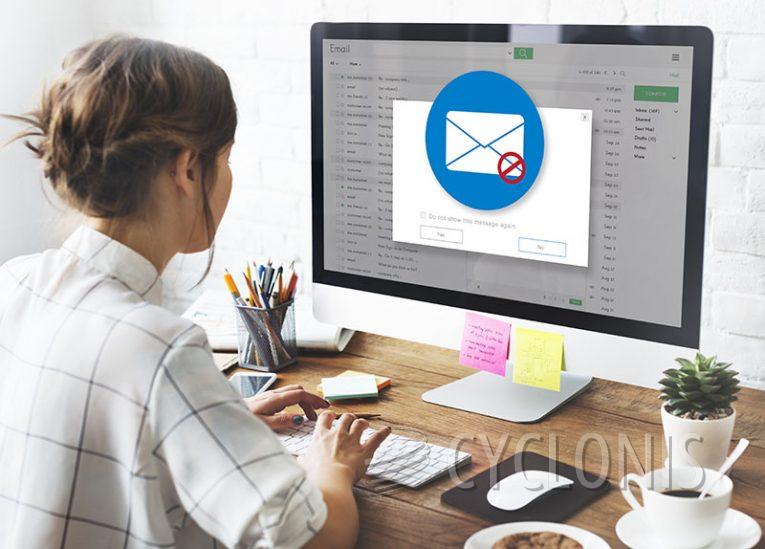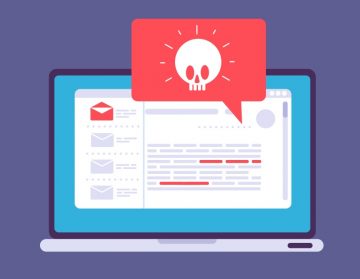Adobe PDF Shared Scam Attempts Cheap Tricks

After examining the email in question, we have identified it as a phishing attempt. It is masquerading as a notification regarding a shared document, a tactic often employed by scammers to trick recipients into visiting a fraudulent website and disclosing sensitive information. As a result, we strongly advise recipients to avoid interacting with this email and to disregard its contents.
This phishing email impersonates Adobe and is crafted with the intent to deceive recipients. It falsely asserts that the recipient has received a shared Adobe PDF file, providing details like the file's title and size. The email includes a "Download PDF" link, which is designed to lure recipients into clicking it, potentially leading to the exposure of sensitive information.
Clicking on this provided button redirects users to a deceptive login page that requests the user's email account password. Stolen email account login credentials can be exploited for various malicious purposes, including identity theft, email account takeover, financial fraud, the initiation of phishing campaigns, and even blackmail.
Furthermore, scammers may use these obtained credentials for credential stuffing attacks, attempting to gain unauthorized access to other online services where the victim may have employed the same login information. Additionally, they may opt to sell the stolen information to other cybercriminals.
How Can You Tell an Unsolicited Email is a Scam?
Detecting unsolicited email scams, often referred to as phishing emails, can be challenging, but there are several common signs and red flags that can help you identify them:
- Generic Greetings: Scam emails often use generic greetings like "Dear Customer" instead of addressing you by name. Legitimate organizations usually personalize their emails.
- Spelling and Grammar Errors: Poorly written emails with spelling and grammar mistakes are a common sign of a scam. Legitimate organizations typically proofread their communications.
- Urgent or Threatening Language: Scam emails often create a sense of urgency or use threatening language to pressure you into taking immediate action. Be cautious of emails that demand urgent responses or threaten negative consequences.
- Unusual Sender Addresses: Check the sender's email address. Scammers often use email addresses that imitate legitimate organizations but have slight variations or misspellings.
- Unsolicited Attachments or Links: Be cautious of email attachments or links in unsolicited emails. Avoid opening attachments or clicking on links unless you are sure of the sender's authenticity.
- Requests for Personal or Financial Information: Legitimate organizations do not ask for sensitive personal or financial information via email. Be wary of any email requesting such information.
- Too Good to Be True Offers: Emails promising unbelievable deals, prizes, or offers are often scams. If it sounds too good to be true, it probably is.
- Emails from Unknown Sources: If you receive an email from an unfamiliar sender or an organization you haven't interacted with, be cautious. Verify their identity before taking any action.








